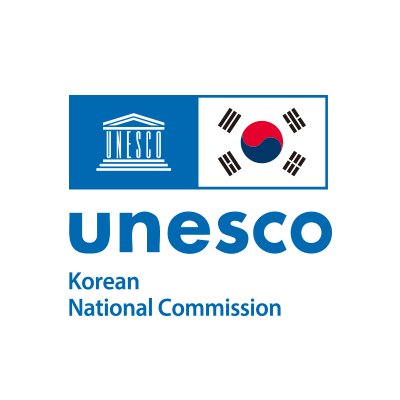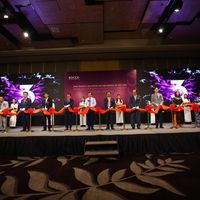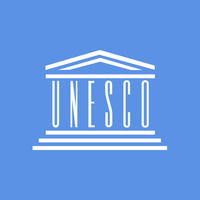Korean National Commission for UNESCO

Since its inception in 1945, UNESCO has worked to contribute to building peace, eradicating poverty, and promoting sustainable development. In particular, when the Korean War that broke out in 1950 left the country in ruins and despair, UNESCO provided emergency assistance to Korea by establishing a factory to print primary school textbooks, which contributed to Korean children’s learning.
Having achieved rapid development since then with significant help from the international community, Korea has transformed itself from a recipient country to a donor country.
The Korean National Commission for UNESCO (KNCU), which was founded in 1954, has implemented various activities within Korea and abroad to contribute to realising UNESCO’s mission. As a focal point, the Korean National Commission for UNESCO is also committed to creating partnerships and networking with not only governments, and other international and intergovernmental organisations, but with civil society and the private sector.
In cooperation with UNESCO and other national commissions, KNCU endeavors to enhance the Education For All (EFA) programmes, to strengthen activities for development cooperation, and to contribute to achieving the Millennium Development Goals (MDGs).
Similar content
deadline
28 Jul 2022
posted on
25 Oct 2018
posted on
11 Nov 2020
posted on
06 Sep 2010
deadline
15 Apr 2016






